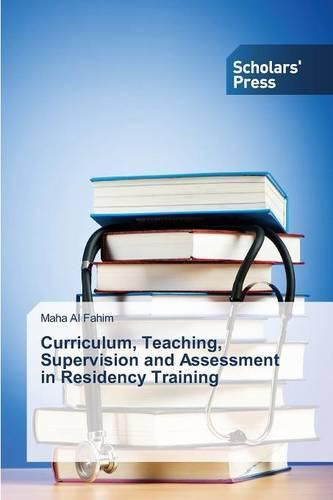Readings Newsletter
Become a Readings Member to make your shopping experience even easier.
Sign in or sign up for free!
You’re not far away from qualifying for FREE standard shipping within Australia
You’ve qualified for FREE standard shipping within Australia
The cart is loading…






This title is printed to order. This book may have been self-published. If so, we cannot guarantee the quality of the content. In the main most books will have gone through the editing process however some may not. We therefore suggest that you be aware of this before ordering this book. If in doubt check either the author or publisher’s details as we are unable to accept any returns unless they are faulty. Please contact us if you have any questions.
Medical students and physicians in training are required to think on their feet and be able to apply information more than recall facts. Interactive lecturing is particularly important in medical education as it promotes active learning and student participation. Doctors are traditionally trained to treat patients but not to supervise, although they are frequently expected to do so and often find it challenging. Planning and developing a medical residency-training curriculum is a process that involves external and internal influences. Understanding these influences and their scope of involvement will help planners recognize the drivers and barriers of curriculum design. The first chapter discusses the internal and external influences on planning an education program. The second chapter discusses the challenges of large group teaching and the place of blended learning in health professions education. The third chapter offers a practical and informative guide to good clinical supervision. The final chapter discusses the essential role of assessment in medical education while critiquing various commonly used assessment methods including MCQs, OSCEs, portfolios and peer assessment.
$9.00 standard shipping within Australia
FREE standard shipping within Australia for orders over $100.00
Express & International shipping calculated at checkout
This title is printed to order. This book may have been self-published. If so, we cannot guarantee the quality of the content. In the main most books will have gone through the editing process however some may not. We therefore suggest that you be aware of this before ordering this book. If in doubt check either the author or publisher’s details as we are unable to accept any returns unless they are faulty. Please contact us if you have any questions.
Medical students and physicians in training are required to think on their feet and be able to apply information more than recall facts. Interactive lecturing is particularly important in medical education as it promotes active learning and student participation. Doctors are traditionally trained to treat patients but not to supervise, although they are frequently expected to do so and often find it challenging. Planning and developing a medical residency-training curriculum is a process that involves external and internal influences. Understanding these influences and their scope of involvement will help planners recognize the drivers and barriers of curriculum design. The first chapter discusses the internal and external influences on planning an education program. The second chapter discusses the challenges of large group teaching and the place of blended learning in health professions education. The third chapter offers a practical and informative guide to good clinical supervision. The final chapter discusses the essential role of assessment in medical education while critiquing various commonly used assessment methods including MCQs, OSCEs, portfolios and peer assessment.